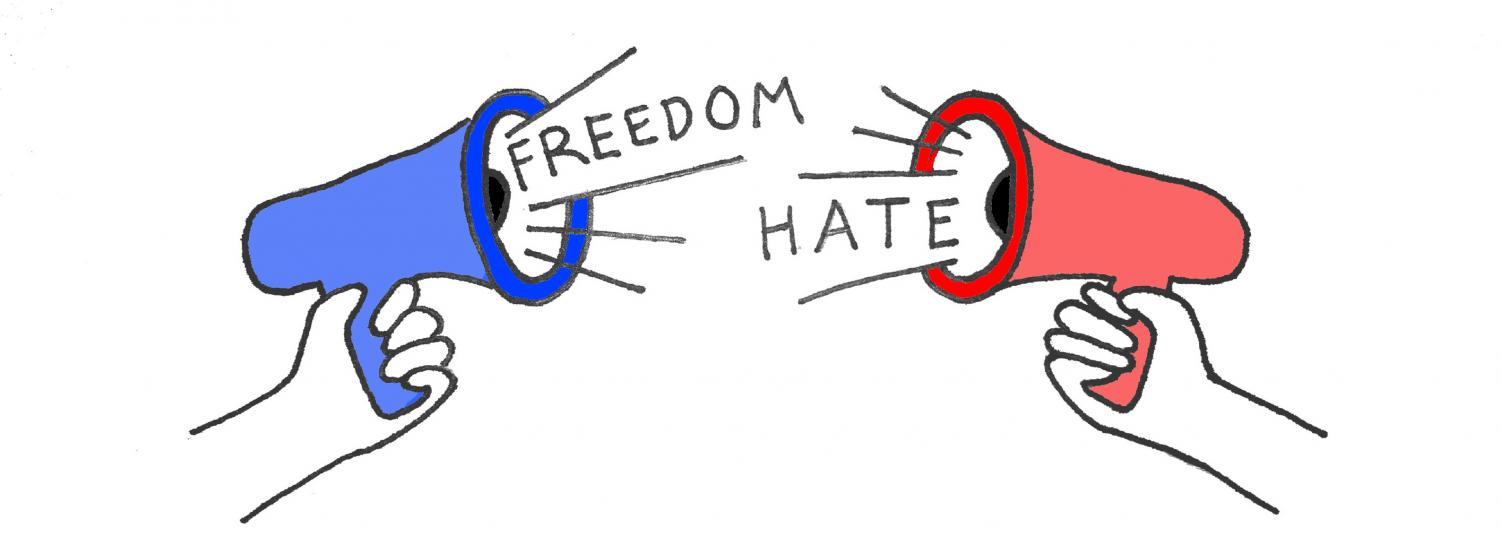Bonnet v. France, dec., No. 35364/19, ECtHR (Fifth Section), 25 January 2022

In the case of Bonnet v. France, the European Court of Human Rights ruled on the conviction of Mr. Alain Bonnet, the publication director of the website "Égalité et Réconciliation" ("Equality and Reconciliation"), for proferring racial insults and questioning the existence of crimes against humanity. In particular, the French courts’ decisions followed the publication on the above-mentioned website of a page titled "Chutzpah Hebdo", a parody of the front page of the weekly Charlie Hebdo, containing the caption "historians at sea" and representing Charlie Chaplin in front of a Star of David asking "Shoah where are you?". Several speech bubbles reading "here," "here," and "also here" answered that question, placed next to drawings of a bar of soap, a lampshade, and a shoe without laces. The applicant complained about the violation of his right to freedom of expression under Article 10 ECHR, pointing out the errors of assessment made by the national authorities in their judgments: on the one hand, he contested that the cartoon was addressed to the Jewish community, and, on the other hand, he claimed that the cartoon was not aimed at denying the Holocaust as a historical fact.
In ruling on the legitimacy of the French courts’ decisions, the Court has initially taken into consideration the nature of the contested statements, which it has considered to be undoubtedly addressed to the Jewish community. Specifically, it has been noted that the use of symbols clearly referring to the extermination of the Jews during the Second World War, as well as the explicit question "Shoah, where are you?", could only be aimed at ridiculing the Holocaust and questioning its historical happening. Accordingly, it has emphasized that the cartoon did not contribute to debates of public interest, which is why it enjoyed reduced protection under Article 10 ECHR.
Subsequently, the Court has analysed the medium used to disseminate the impugned remarks, the context in which the publication took place, and its potential impact on public order and social cohesion. Specifically, it has pointed out that, while the national courts had ordered the removal of the cartoon from the "Égalité et Réconciliation" website, it was still accessible online via search engines, with obvious harmful consequences. In addition, the Court has noted that, even though the Holocaust is a notoriously established historical event, the French authorities have often been confronted with denialism and revisionism, which testifies the sensitivity of the matter in France.
In light of the above, the Court, also considering the amount of the penalty imposed, found that the national judges had correctly balanced all the interests at stake – namely, Mr. Bonnet's right to freedom of expression and the protection of the rights of others. Therefore, taking into account the margin of appreciation enjoyed by the Contracting States in such circumstances, the Court held that the interference with the applicant's right to freedom of expression was "necessary in a democratic society" and dismissed the application as manifestly unfounded.
(Comment by Chiara Chisari)

